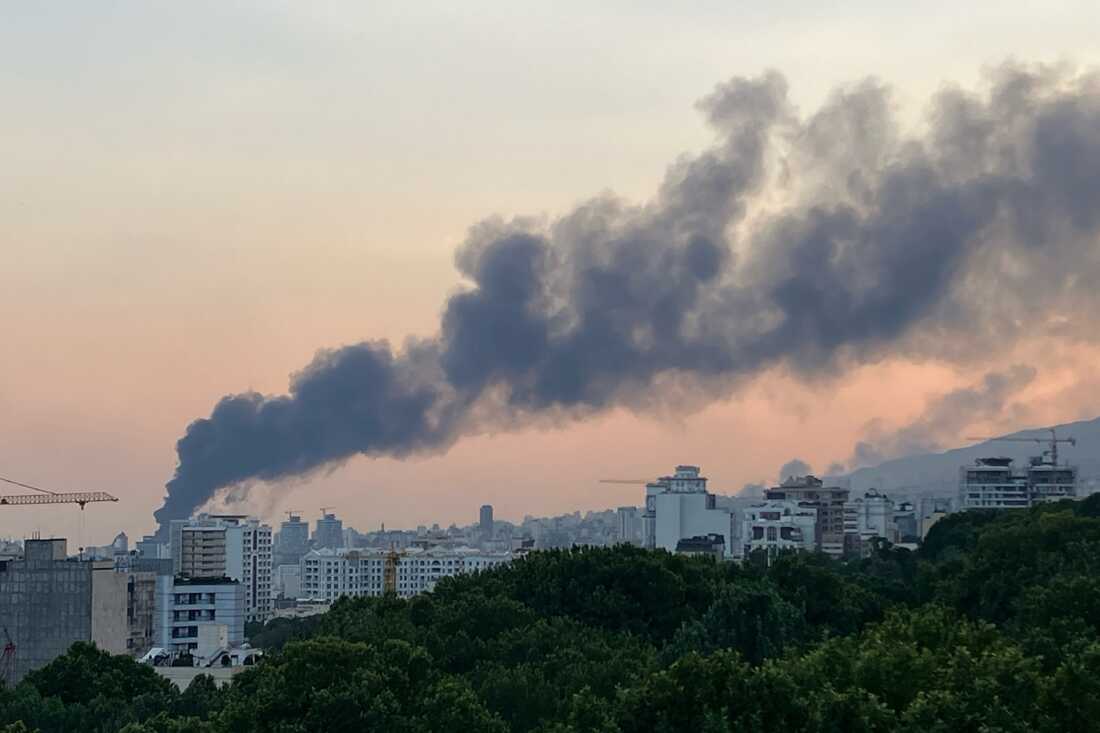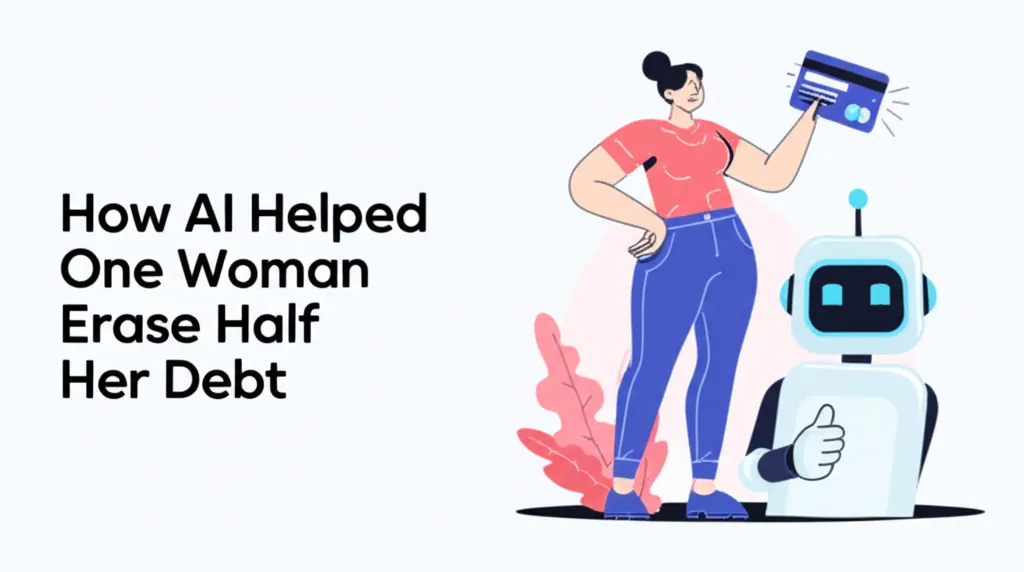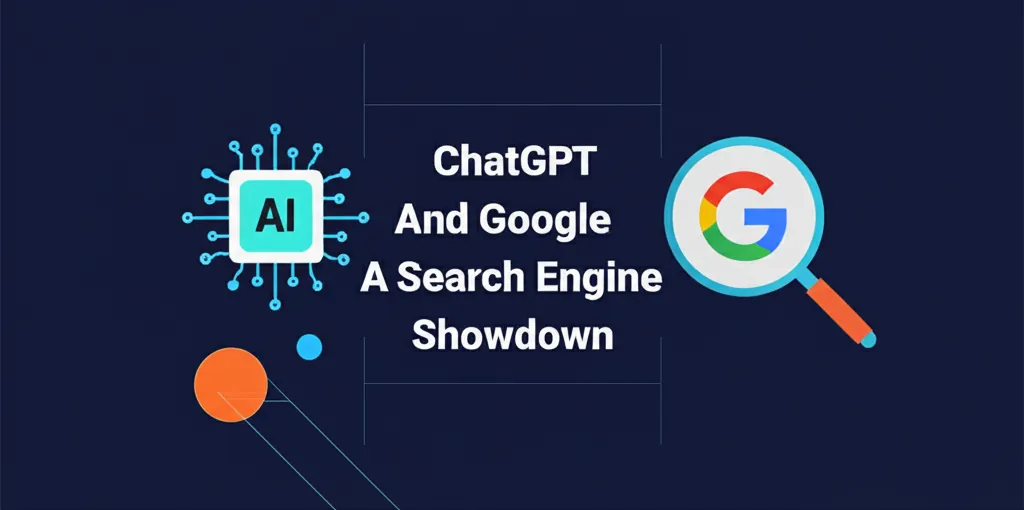Developer Offer
Try ImaginePro API with 50 Free Credits
Build and ship AI-powered visuals with Midjourney, Flux, and more — free credits refresh every month.
How AI Became A Lifeline In Wartime Iran
When the sounds of war echoed through Tehran, Roxana, a 31-year-old shop manager, found herself utterly alone. With her family far from the capital, her boyfriend unreachable on a military base, and even her therapist having fled the city, her panic grew with each explosion. In a moment of desperation, she turned not to a person, but to a program: ChatGPT.

An Unlikely Digital Confidante
During the third or fourth day of the 12-day conflict that began in mid-June with Israeli attacks on Iranian nuclear sites, Roxana asked the AI a question born of fear: "Can you give me a specific time when this is going to end?" To her surprise, it offered a semblance of an answer, suggesting the conflict might last another 10 or 12 days based on its analysis of international lobbying efforts.
Her connection to the AI became deeply personal. She had consulted it so often that it knew the layout of her apartment. As the war intensified, ChatGPT transformed into her ad-hoc security advisor, identifying the safest room in her home. When panic attacks struck, it became her therapist. "I used to speak a lot to it and it knows me," she shared. "By just telling me that 'this is only a nervous attack and it will pass,' it helped me a lot. I shared my anxieties with it, my financial concerns and worries."

Navigating War and Misinformation
In a country with heavy internet restrictions, accessing reliable information is a constant struggle. While services like ChatGPT are officially restricted, many Iranians use proxies to get online. For Roxana, the AI was often more accessible than Google during the frequent internet blackouts authorities implemented to, as they claimed, maintain security during attacks.
This reliance on AI highlights a digital paradox. While it offered Roxana comfort, AI tools have also been identified as significant sources of misinformation and propaganda during conflicts. For Roxana, however, the alternative was Iranian state media, which she found infuriatingly disconnected from reality. "On their state media, they are trying to show... everything is OK and it's so beautiful," she said. "On Iranian TV it was like 'the war was over' and we'd won since the second day."
Life Beyond the Headlines in Tehran
Beneath the shadow of conflict and sanctions, life for young Iranians like Roxana is a persistent struggle. She and her creative, often atheist, friends navigate a society where alcohol is banned but widely available, and mandatory dress codes for women are selectively enforced and defied.

The economic reality is grim. Years of U.S. sanctions and internal policies have created a deep financial crisis, hitting the youth particularly hard. Roxana describes her cohort as "the forgotten people," caught between the wealthy elite and the destitute who receive aid. "We are trying hard to stand on our feet, not to need anyone. But life is getting harder and harder," she explained.
Digital Worlds as an Escape
With sleep impossible, Roxana’s nights were spent in digital worlds. She turned to the video game Life is Strange, where the protagonist has the power to rewind time—a poignant fantasy for someone trapped in a terrifying present. This became her new escape after a cruel twist of fate at the start of the war: her account for The Sims, where she had meticulously built a virtual life and family, was hacked. "The family I had built there, all the life I had built for these characters, it's lost," she lamented. "I couldn't save the family that I made there."
When the ceasefire was finally announced, the silence felt strange. Relief was mixed with a profound sadness for what their lives had become. On social media, Roxana captured the feeling of a generation asking for so little but receiving even less. "A little bit of bread, a little bit of joy, a little bit of dreams, a little bit of rights, a little bit of…" she wrote, leaving the sentence to hang, unfinished.
Compare Plans & Pricing
Find the plan that matches your workload and unlock full access to ImaginePro.
| Plan | Price | Highlights |
|---|---|---|
| Standard | $8 / month |
|
| Premium | $20 / month |
|
Need custom terms? Talk to us to tailor credits, rate limits, or deployment options.
View All Pricing Details

